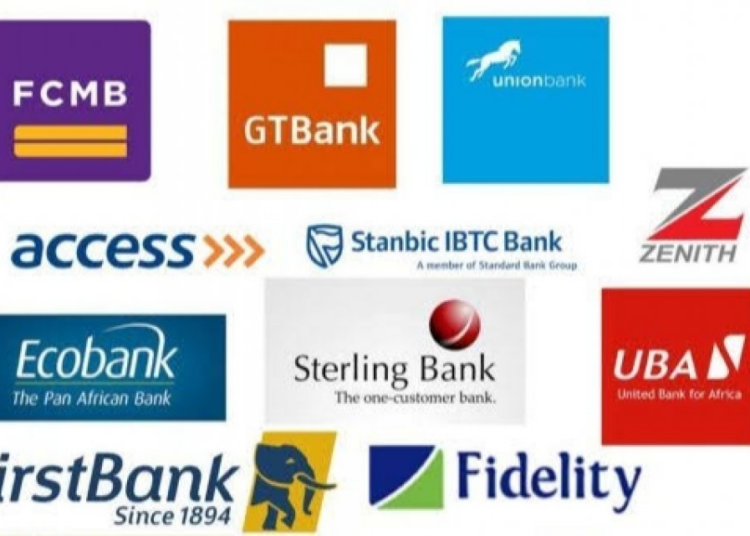Although the governor of the Central Bank of Nigeria (CBN), Dr Olayemi Cardoso had mentioned the plan to increase banks’ regulatory capital base, the industry is set to witness an increased recapitalisation drive, that is not hinged on the apex bank’s proposition.
The recapitalisation drive, according to the Head, Financial Institutions Ratings at Agusto & Co, Ayokunle Olubunmi, will be due to a rising credit risk and single obligor limit which is brought on by the devaluation of the naira.
Speaking on the Implication of Reforms in the Banking Industry at the Finance Correspondents Association of Nigeria (FICAN) forum in Lagos, Olubunmi noted that the plummeting value of the naira will leave dents on the books of the banks.
According to him, the devaluation of the naira will see the foreign exchange loans of banks become bloated thus posing a credit risk and bringing a reduction to their Capital Adequacy ratio (CAR).
Asides this, he noted that, some banks will breach the 20 per cent single obligor limit as due to the bloated value of their dollar loans.
Relief For Banks As CBN Stops Daily CRR Deductions
These, he said, will lead to banks raising capital before the end of the year irrespective of the CBN going ahead with its plans to raise capital base for the industry. He however, noted that the planned increase in capital base for banks by the CBN will not adversely affect the industry.
Noting that around 60 per cent of the industry is being controlled by the top five banks in the country, Olubunmi said the mergers and acquisitions that will result from recapitalization will not impact the industry in general.
The capital base of the top five banks are already circa N1 trillion will some already surpassing the trillion mark. Despite these, he said there will be new entrants into the industry with about eight already processing their banking licence.
These are aside the merchant banks that are converting to commercial banks. He emphasised that the Nigerian banking industry remains a toast for investors even as he stressed that the only drawback is the issue of the foreign exchange in the country.
The exchange rate crisis which had seen the CBN issue a series of directives and guidelines to increase supply of dollars into the country and ease pressure on the Naira which had dropped in value to N1,400 at the official market.





